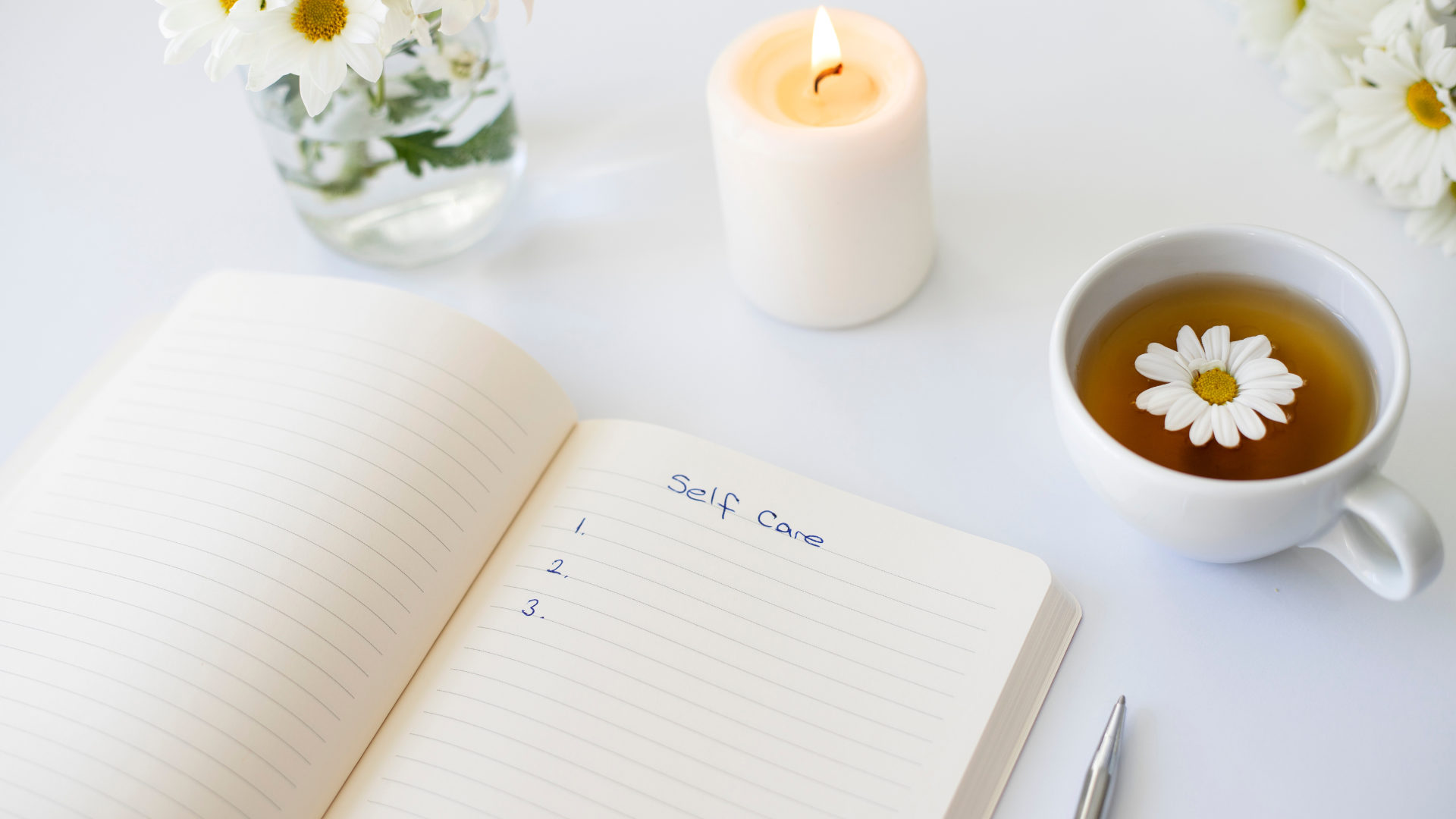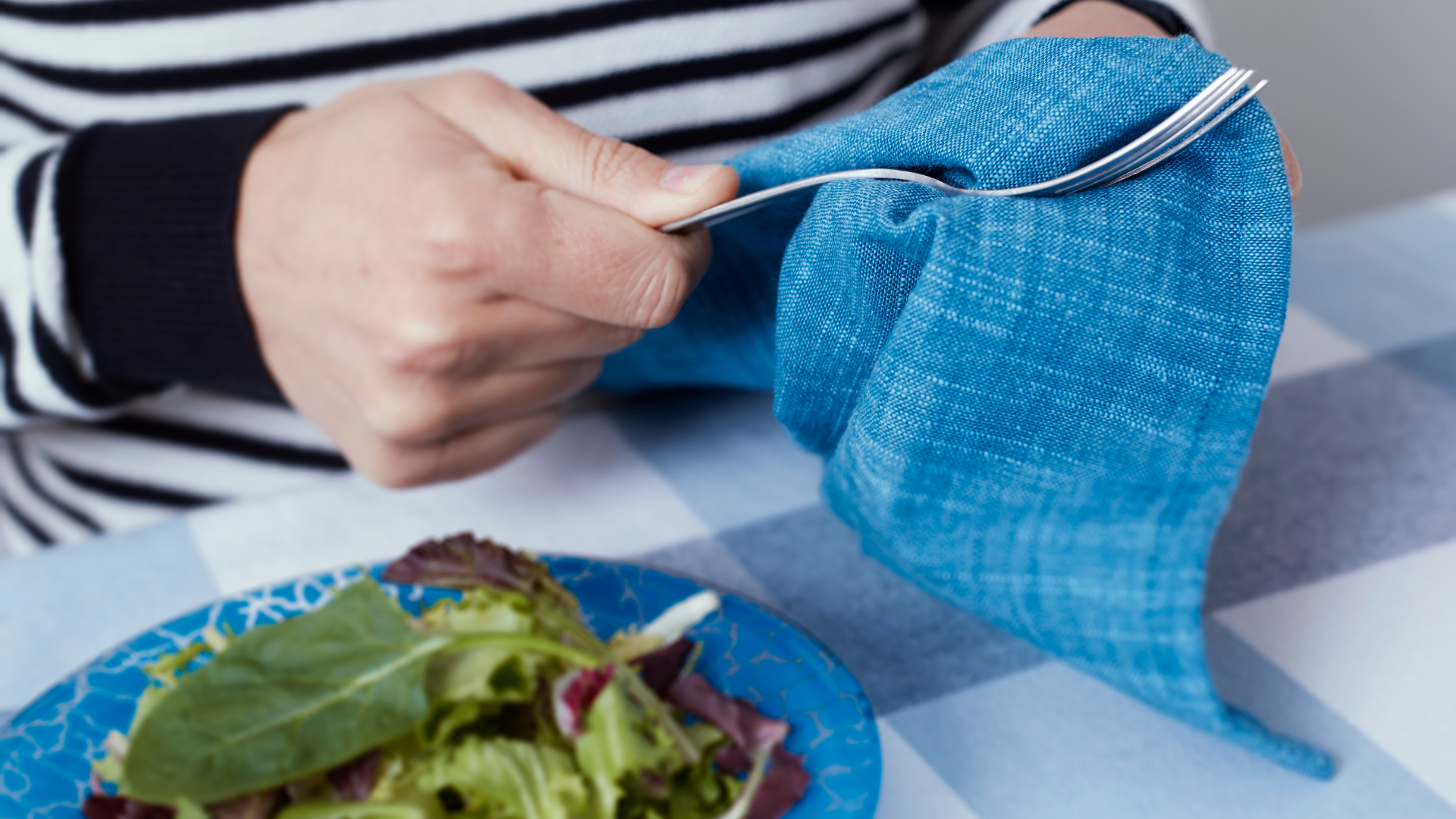Unlock the Power of Self-Care: Why Prioritizing Yourself is Essential for a Happier, Healthier Life

In our fast-paced lives, the value of taking the time to care for ourselves is often overlooked. "Self-care" is a buzz word often thrown around, but what does this practice actually entail? Today, we're exploring the power of self-care, illustrating why prioritizing yourself is not only beneficial, but an essential for living a happier, healthier life. Whether you've been feeling overwhelmed by life's demands or simply want to invest more time in your own well-being, incorporating self-care practices into your routine can transform your life.
What is self-care and why is it important for you?
At its core, self-care refers to the intentional actions and practices we engage in to maintain and improve our physical, mental, and emotional well-being. This involves making a conscious decision to prioritize your own needs and well-being. Self-care can encompass a variety of activities, such as nourishment, meditating, taking time to relax, and pursuing hobbies that bring you joy and relaxation. By prioritizing self-care, people can significantly reduce their stress, prevent burnout, and build a greater sense of satisfaction with their overall life. Embracing self-care serves a deeper purpose than just relaxation; it's crucial for personal growth, building resilience, and maintaining a balanced, fulfilling life. Understanding and implementing self-care practices can not only strengthen your ability to care for yourself, but can improve your relationships with others too.
What types of self-care are there?
Self-care is multifaceted, and understanding its different forms can help you to build a personal regimen that fits your unique needs. These categories include physical, emotional, mental, social, and spiritual self-care, each directed toward a different aspect of well-being. By exploring these diverse facets, you can build a comprehensive self-care toolkit that addresses all areas of your life.
- Physical Self-Care:
- Regular movement like walking or dancing.
- Balanced nutrition and hydration habits.
- Ensuring adequate and restful sleep.
- Emotional Self-Care:
- Daily journaling to help process emotions.
- Attending therapy or counseling sessions for support.
- Practicing mindfulness techniques.
- Mental Self-Care:
- Engaging in creative pursuits like painting or writing.
- Participating in problem-solving games like sudoku or chess.
- Reading books or listening to podcasts that challenge and expand your thinking.
- Social Self-Care:
- Scheduling regular catch-ups with friends and family.
- Setting boundaries to prevent social and emotional burnout
- Volunteering within your local community.
- Spiritual Self-Care:
- Meditating daily to connect with yourself
- Practicing yoga for mind-body alignment.
- Connecting with nature by doing outdoor activities like hiking or biking.
Examples of self-care
Investing in your self-care often starts with exploring specific activities and practices that align with your goals. Some unique examples of self-care activities that you can try out and incorporate into your routine are:
- Morning Rituals: Start your day with meditation or breathing exercises to set a positive, calm tone.
- Creative Outlets: Dedicate time to your interests. Whether its painting, writing, or playing music, engaging in creative pursuits has been shown to relieve stress, improve self-esteem, and boost productivity.
- Digital Detox: Schedule regular breaks from screens to help focus on real-life connections.
- Gratitude Practice: Keep a gratitude journal listing things you are grateful for each day. Practicing gratitude and reminding yourself what you appreciate about life can reduce feelings of depression and anxiety.
How does self-care improve mental health?
By prioritizing self-care, you can enhance your mental health and happiness, equipping yourself to face life's challenges more effectively. The consistent practice of self-care can enhance your mental health in a variety of ways:
- Reduced Stress Levels: When you engage in self-care, you can enjoy a needed break from daily pressures and environmental stressors, reducing feelings of stress and anxiety.
- Improved Focus: Reduced stress helps to improve mental clarity and focus, helping to build your motivation over time.
- Increased Emotional Resilience: When you practice journaling or therapy, you gain a greater sense of understanding for your own feelings and thoughts. This can help you cope better with negative emotions and challenging situations.
- Boosted Self-Esteem: Engaging in self-care reaffirms your value and self-worth as you commit dedicated time to caring for yourself.
Finding self-care ideas that are right for you
Self-care is a personal journey, so understanding what resonates with you is so important. Experimenting with various self-care activities allows you to discover what feels right for you. Recognizing that self-care is an evolving concept can allow you to shift your self-care routine along with any changes in your life.
- Experiment: Try different activities like art, clubs, or sports to find what excites you.
- Self-Reflection: Think of past activities that have brought you joy and try to integrate them into your routine.
- Regular Assessments: Evaluate your self-care routine periodically and make any necessary adjustments.
- Consistency: Ensure regular practice to see long-terms benefits and improvements.
- Openness: Embrace new experiences and be willing to alter your practices based on changing needs.
How to Thrive: A Self-Care Guide
So we've explored various facets of self care, and how they can improve your life. But what if you need more support in your journey towards self-care? We've made it easy, with our free online resource "How to Thrive". This guide offers practical, easy-to-follow habits that promote physical, mental, and emotional well-being. Start your journey towards a balanced and fulfilling life today with these simple yet transformative steps.
The Journey to a Happier, Healthier Life
Embarking on a self-care journey is a transformative decision that has the potential to enhance your life profoundly. By understanding self care and why its important, you're taking a huge step towards prioritizing your well-being. Self-care shouldn't feel like a luxury that needs to be earned, but a necessity for a balanced, fulfilling life. By exploring the various types of self-care discussed here, you can craft a unique routine that works for your lifestyle. Remember, finding self-care practices that fit is an evolving process that can change with you. Prioritize yourself today for a brighter tomorrow.








